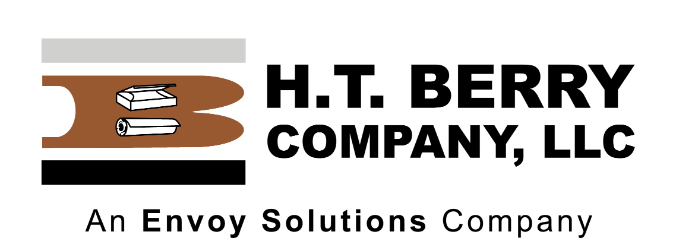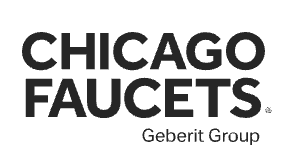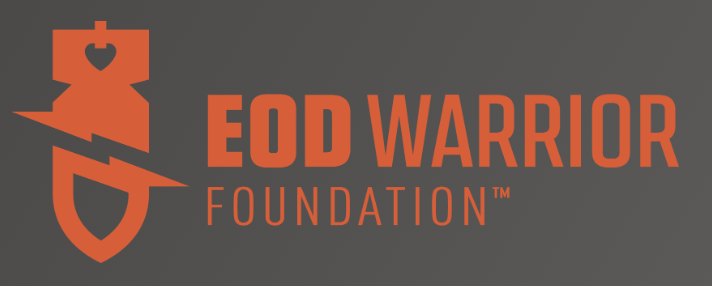Duplicate Content on Multinational Websites
 If you have a multinational corporation, it stands to reason that you’ll want all of your customers to understand your site. This means that you’ll likely have several versions of your content to accommodate your wide customer base. However, unless this is done correctly, it can actually hurt your SEO efforts. We had a German client who was faced with this situation – they had a website where the content was written in several different languages.
If you have a multinational corporation, it stands to reason that you’ll want all of your customers to understand your site. This means that you’ll likely have several versions of your content to accommodate your wide customer base. However, unless this is done correctly, it can actually hurt your SEO efforts. We had a German client who was faced with this situation – they had a website where the content was written in several different languages.
In a perfect SEO world, a multinational corporation would have unique websites on separate URLs with unique content for each country they operate in. Each site would then be submitted to the Google server for that country (google.com vs. google.co.uk) so the pages wouldn’t be competing against each other in the wrong market for the same keywords.
But we don’t live in a perfect SEO world, and for many corporate sites an undertaking like this is nearly impossible. So, they take a different approach without realizing how it can impact their SEO.
 Many international sites will create regional sites (mysite.com, mysite.com/it, mysite.com/fr) written in the national language to help target the appropriate audience. However, if multiple regions speak the same language (the US, England, Canada and New Zealand sites are all in English for example) and the site is essentially duplicated across multiple URLs you might run into some trouble down the road.
Many international sites will create regional sites (mysite.com, mysite.com/it, mysite.com/fr) written in the national language to help target the appropriate audience. However, if multiple regions speak the same language (the US, England, Canada and New Zealand sites are all in English for example) and the site is essentially duplicated across multiple URLs you might run into some trouble down the road.
I am not an expert in multinational websites and international SEO, but Google does a good job of explaining the issue of duplicate content on multinational websites and how site owners should hand it.
Google says,
Websites that provide content for different regions and in different languages sometimes create content that is the same or similar but available on different URLs. This is generally not a problem as long as the content is for different users in different countries.
This means that content that would translate roughly the same but is published online in different languages shouldn’t raise any red flags.
However, if you’re providing the same content to the same users on different URLs (for instance, if both example.de/ and example.com/de/ show German language content for users in Germany), you should pick a preferred version and redirect (or use the rel=canonical link element) appropriately.
This means that if your site (mycompanmy.com) has the same content as one of the regional sites on the same URL (mycompany.com/USA/), you should choose which version you want to send those visitors to. While Google is pretty good at recognizing duplicate content that is “non-malicious,” meaning it wasn’t intended to manipulate the search engines, the algorithm isn’t perfect.
By redirecting all English speaking visitors to the same URL, you minimize the risk of your site getting penalized for having duplicate content across various regional sites.
For some multinational websites, even just redirecting 3 or 4 regional sites to 1 might mean moving hundreds of thousands of pages. Not only is that incredibly time consuming, the possibility of making a mistake is amplified. One mistake echoed across 10,000 pages might take forever track down and remedy.
If a redirect just isn’t possible, your best bet is to monitor the performance of your site. Most multinational websites have a good trust factor with the search engines, and Google realizes that duplicate content across regional sites is just a part of doing international business.
Your site might pass unscathed from any duplicate content penalties because Google trusts your online brand. However, if your site takes a massive hit in visitors and rankings for at least three months (enough time to call it a trend), your site might have been flagged for duplicate content. At that point, the redirect becomes a necessity. However, if the content on your US regional site is completely different than the content on your UK regional site then you shouldn’t run into any duplicate content issues.
The bottom line is that it is important to handle the content on your multilingual site correctly. Otherwise, it could negatively impact your SEO efforts.
Categorized in: SEO
LIKE AND SHARE THIS ARTICLE:


























































